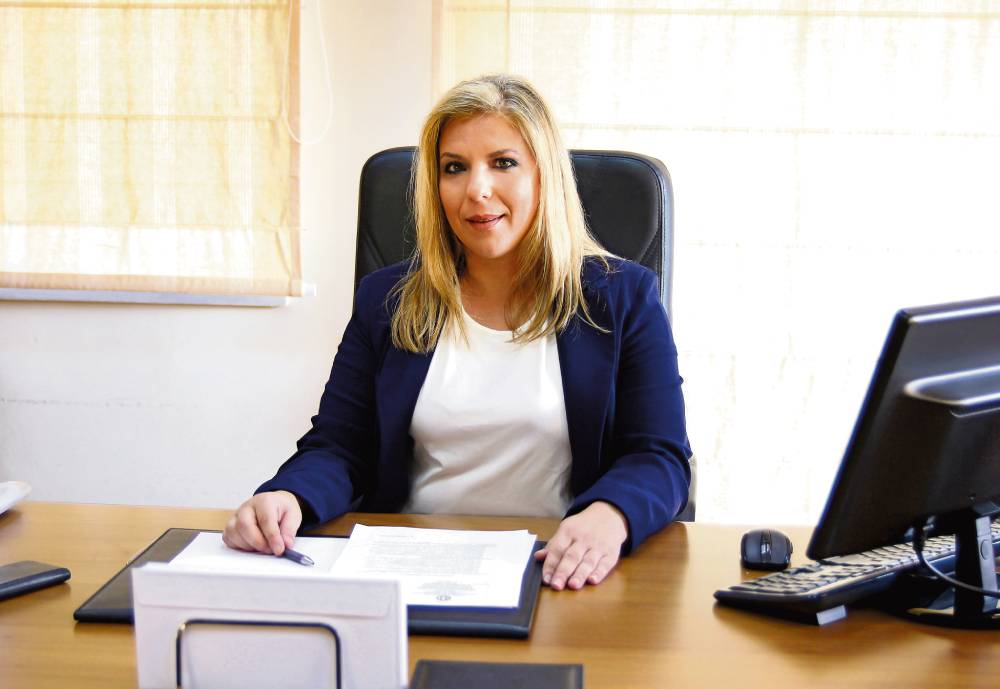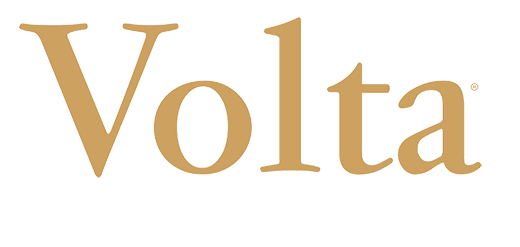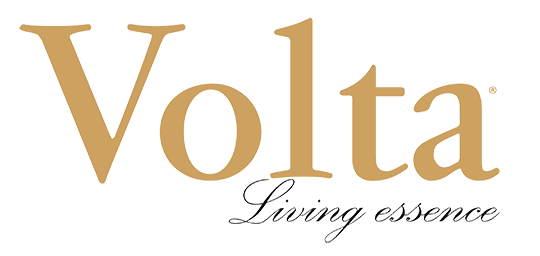Maria Syrengela

Deputy Minister for Demography, Family & Gender Equality
When you were a teenager and as a girl was there anything that sparked your desire to fight for women’s rights and gender equality?
From a young age, I believed that it is worth trying to change our world for the better, to improve our daily lives and our society. I started working in the field of social good about 25 years ago and I dare say that all these years were not rosy. I encountered obstacles many times due to gender or age, but I did not give up. I learned that we must fight for our goals and I am trying to add my own stone in achieving real gender equality and in fighting inequalities between women and men.
In a country with a low birth rate, what would be an effective social policy that would make it easier for couples to start a family?
Demographics are one of the main problems of today’s society and that is why the Greek state is taking measures. The Ministry of Labor and Social Affairs set out a comprehensive, structured, national demographic policy. We are launching measures to support the family, promote gender equality, reconcile personal and professional life, as well as strengthen women’s work, initiatives that will positively affect the fertility rate.
Violence against women: what the root of the problem? Family or gender stereotypes?
Gender and domestic violence are complex phenomena with multiple factors that make no exceptions between economic, social, educational, or age groups. For the occurrence of violence, perceptions and beliefs are responsible blaming women and considering them inferior to men, so we must all stop perpetuating the stereotypical roles of both sexes and raise our children’s awareness of gender-based violence. Both teachers and parents need to teach our children the values of respect and democracy and to further strengthen the culture of zero tolerance for violence.
What do you consider the biggest difficulty that a woman in Greece has to face today?
The current legal framework in Greece has significantly improved the position of women in society, however, the considerable achievement of equality has not taken place. Women and men do not enjoy the same rights in practice. Women face many obstacles in their daily lives, such as inequality in opportunities due to gender, inequality in pay for the same work, obstacles in advancing in the workplace, violent behaviors in private or public life. We need to help women more, change perceptions and mentalities that want women to be inferior to men, and promote real gender equality.
Greek #metoo: Greek society stigmatized the victim and not the villain. Do you think that has changed? What would you do about it?
Many women now dare to report sexual violence, abuse, or harassment they were subjected to in the past. Women found the courage from others who spoke openly and shared the stories they were hiding for years, sending strong messages that play an important role in tackling violence against women. The victims were afraid to speak out because they were treated with disbelief and thought that if they revealed the truth, others would not believe them, they would be stigmatized or they would lose their job. Some women went as far as to justify the villain’s actions and blame themselves. But that has changed. Society has matured and is on the side of women – victims of violence. No woman is alone in the fight against violence and no woman should tolerate any form of violence. Women must live safely and we are here to help them escape the cycle of violence. All the structures and the scientific staff of the General Secretariat for Demographic and Family Policy and Gender Equality, for dealing with violence against women, are next to the victims at both the SOS 15900 telephone line, which is free and operates 24 hours a day, and at the 43 Counseling Centers across the country to support women, help them stand on their own two feet and turn the page in their lives.
Aggression towards diversity and bullying is everywhere. What can be done in this direction?
Issues of equality and respect for diversity are high on the government’s agenda. We design policies based on human rights, prioritizing equality and combating discrimination. Specifically, we promote a training program for employees and employers in the public and private sectors with the aim of eliminating discrimination in the workplace. All people, regardless of gender, age, origin, must have equal opportunities and we must provide citizens with jobs, but also a society with a tolerance for diversity and without discrimination.




